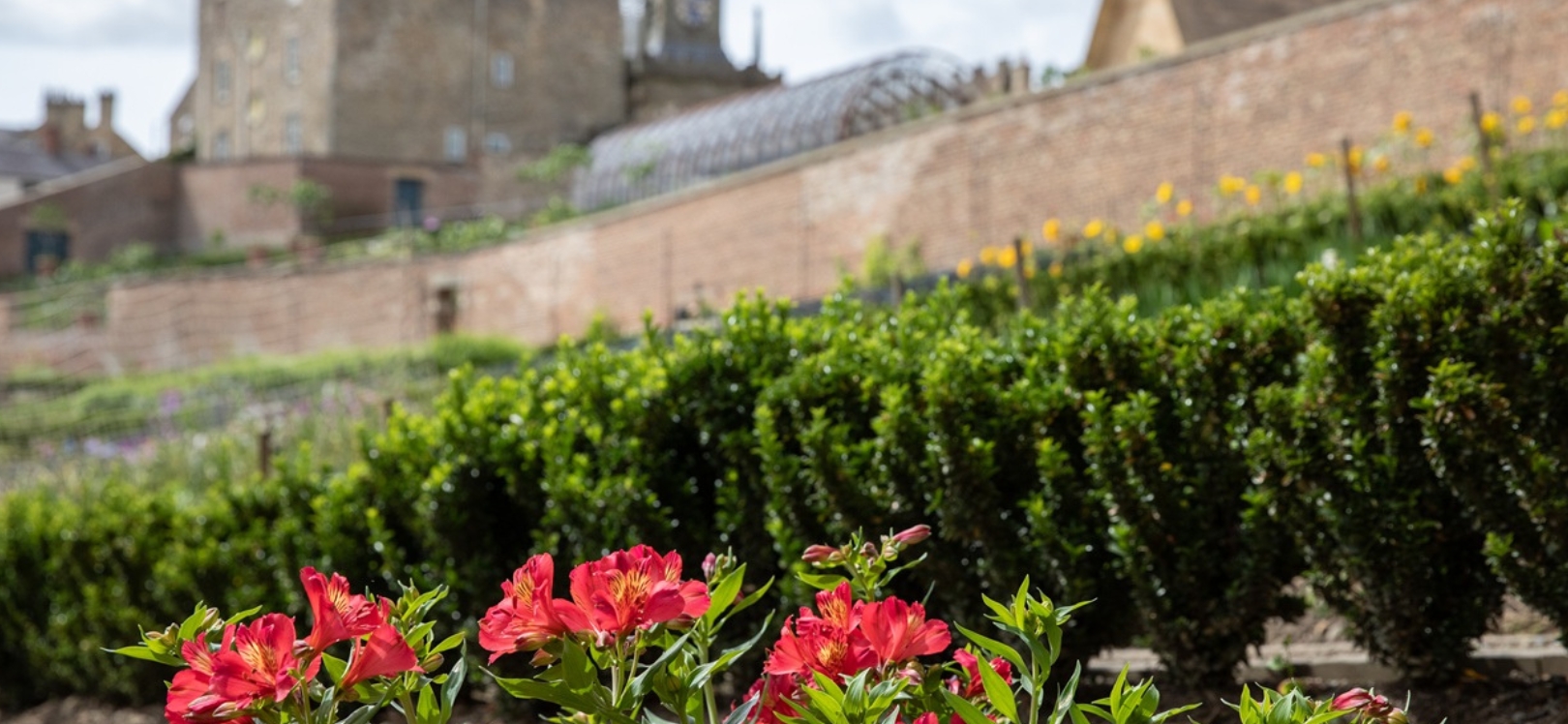Industry News
Auckland Palace’s Walled Garden becomes hive of activity
To mark World Bee Day, 20th May, The Auckland Project has installed a new apiary in the historic 17th-century Walled Garden at Auckland Palace to celebrate the vital role of bees in biodiversity.
The installation features three hives, forming part of a wider network of seven hives now buzzing across The Auckland Project’s sites – including six thriving hives and one bait hive at Binchester Roman Fort. By the end of summer, the apiaries will house an estimated 540,000 bees.
The purpose of World Bee Day is to acknowledge the role of bees and other pollinators for the ecosystem. Beyond the hive, bees are essential to life as we know it. A significant portion of the food we eat, approximately one-third, depends on pollination by bees and other pollinators as they play a vital role in the health of wild plants, soil, and entire ecosystems.
Ashley Galley, beekeeper at Binchester, said: “The project continues a rich tradition. Centuries ago, the Romans revered bees for their honey, medicine, and even religious rituals. They even named a goddess after them - Mellona, guardian of bees and honey.
“Today, we take a natural approach – no chemicals, just healthy, resilient colonies supporting our ecosystems, just as they did in Roman times.
“The bees at Binchester thrive beside the river and amongst an abundance of seasonal flora. Their work is staggering. To make just one kilogram of honey, a hive collectively flies around 90,000 miles, the equivalent of three times around the Earth!”
Andy Nesbitt, Head Curator of Parks, Gardens and Landscapes at The Auckland Project, said: “The installation of beehives in our Walled Garden is symbolic – their presence is a sign of a healthy, thriving ecosystem, and we’re proud to create spaces where both people and pollinators can flourish. This is heritage beekeeping, rooted in history but vital for our future.”
David Land, Interim CEO of The Auckland Project, added: “We’re not just restoring buildings and landscapes – we’re restoring life. These bees are part of a much bigger vision to connect past, present, and future through sustainability, education, and storytelling.”
Binchester Roman Fort, once one of the largest Roman military sites in northern Britain, is expected to officially come under the care of The Auckland Project in November 2025. The landmark site will form part of a decade-long plan to enhance its public offer, including ecological restoration and expanded visitor access.
As a regeneration charity, The Auckland Project is revitalising Bishop Auckland as a major cultural destination, celebrating the town’s rich history – from the powerful Prince Bishops of Durham to its surprising ties to the Spanish Golden Age. Through heritage, art, and community engagement, the charity is creating opportunities for locals and visitors alike.
Visitors can also explore Auckland Palace, its gardens, including the Walled Garden, Wilderness Garden and recently unveiled Paradise Garden which features a 67-metre water feature in the shape of a cruciform. The Spanish Gallery, Mining Art Gallery and the UK’s-first Faith Museum will also be open.

